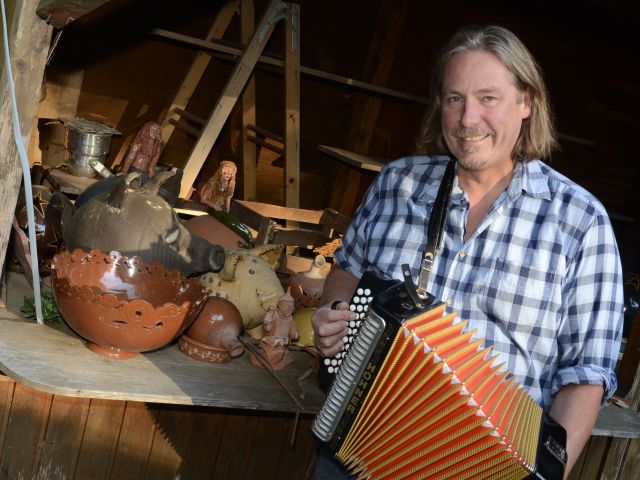Plattdeutsch or Low German - a north German language
Plattdüütsch as not tou griependet Kulturiärwe
Nich tou griependet Kulturiärwe – that's how one would probably translate intangible cultural heritage into the Osnabrück Plattdeutsch dialect. Plattdeutsch or Low German in general was not only a dialect, but the most common language in northwest Germany for several centuries. At the time of the Hanseatic League during the Middle Ages, it held a dominant position as a commercial language in large parts of Germany. With the decline of the Hanseatic League, the importance of Plattdeutsch also decreased, but remained an everyday language of people in the countryside.
Since then, the number of actual speakers has continued to decline. Today it is assumed that in Germany there are still around two to three million people who speak Plattdeutsch. The regional differences in the dialects are particularly high. In the Osnabrück region, for example, when talking about a bicycle, people say Föhrättken, and even further north Fiets or Fietse or Drohtesel.
Why is this an intangible cultural heritage?The Plattdeutsch of Osnabrück is considered a dialect of its own and embodies a traditional form of expression that only occurs in our region. The same applies to the variant-rich Plattdeutsch in Westphalia, which is still spoken sporadically in Tecklenburg, for example. Language skills are passed on from generation to generation. Especially among the older generation, Plattdeutsch is often still an integral part of their identity and is therefore deeply rooted in the region. At the same time, as a language it also has a carrier function for intangible cultural heritage. In principle, however, it is obvious that fewer and fewer people have mastered this language, let alone speak it actively.
To counteract the near extinction of Plattdeutsch in our region and to maintain the culture of this language, initiatives such as Plattfoss - the Plattdeutsch Support Group in the Osnabrück Region (Plattfoss – der Plattdeutsche Förderkreis in der Region Osnabrück e.V.) have been founded. Music groups such as the Pottbäcker or Wippsteert with their Plattdeutsch texts from the region also contribute to the preservation of the old language, as does the Plattdeutsch Theater Group in Eggermühlen (Plattdeutsche Theatergruppe in Eggermühlen). The latter embodies a special form of intangible cultural heritage: the Low German Theater has been on the UNESCO list of intangible cultural assets since 2014. If you want to learn the Osnabrück Plattdeutsch yourself, you can get the Ossenbrügger plattdüütsket Wöerebouk (Osnabrück Plattdeutsch Workbook), published in 2013.
We went looking for the Ossenbrügger Platt and visited the Pottbäcker musician Bernd Niehenke, who told us what he associates with Plattdeutsch and even played a song on his squeeze box (i.e., accordion!). The incomparable Plattdeutsch charm with which Niehenke performs his pieces makes you want more. Therefore, in cooperation with TERRA.vita, he is planning to record an album of his works and thus contribute to the preservation of an immaterial cultural asset. Curious? Then have a listen:
